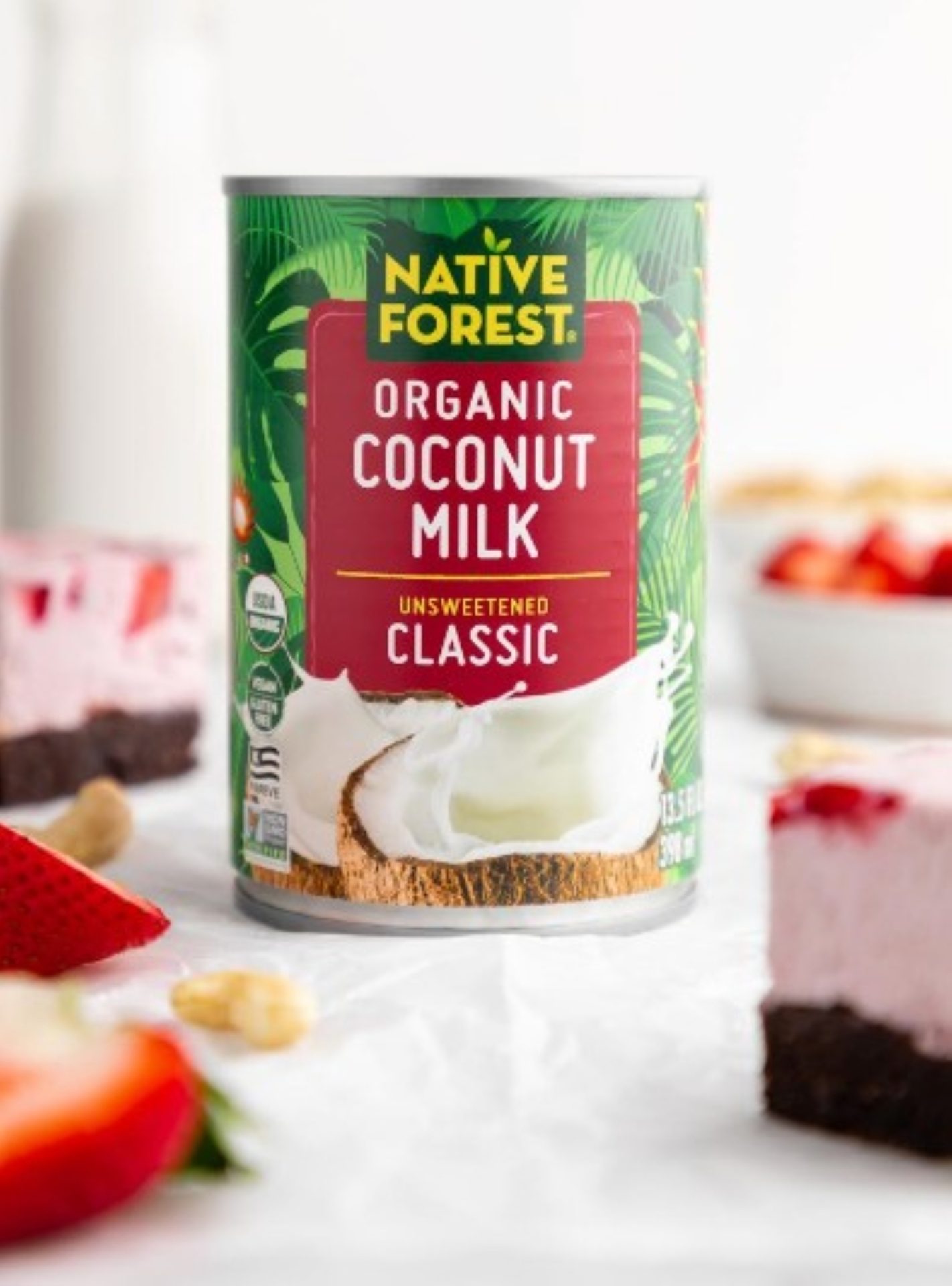ORGANIC INGREDIENT INTEGRITY part 2
Technologies
Ingredient buyers, formulators can safeguard against ingredient fraud.
Transparently Organic
By Erin Costello
by Kerry Hughes, MS, Contributing Technical Editor
Organic food sales reached US$65.4 billion last year, according to the Organic Trade Assn.’s 2025 “Organic Market Report.” But some of it might not really have been organic. Video credit: loveguli / Getty Images Plus
Track and Trace
Part of Global Village’s due diligence extends to thorough inspections of its member facilities. Its comprehensive system, encompasses meticulous documentation requirements, independent testing protocols, and strong, transparent supplier relationships. “This forms a robust shield against potential fraud,” says Shrikant. “Our processes are designed to detect any deviations early, enabling swift corrective action and ensuring the unwavering authenticity of our organic ingredients. This proactive approach provides us with confidence in the integrity of our supply chain and the quality of our foods.”
According to Shrikant, the most significant hurdle is controlling organic food fraud lies in ensuring end-to-end traceability, particularly as ingredients move through complex, multi-stage supply chains. “The potential for upstream manipulation of documentation and inconsistencies in certification standards across different regions further complicate this challenge,” he says.

For meat to be organic-certified, animals must be raised on certified organic land with outdoor access and be fed certified organic feed, without antibiotics or growth hormones. Courtesy of: Amylu Foods, LLC
“To directly address this, we employ full-time personnel who work directly with our farmers and co-packers,” continues Shrikant. “This hands-on approach allows us to move beyond mere paperwork, emphasizing physical verification, rigorous testing, and the cultivation of strong, trust-based relationships as essential tools for maintaining the integrity of our foods.”
Global Village’s approach has paid off, as Shrikant describes. “During a co-packer evaluation, we encountered a seemingly confident supplier of organic products. However, our on-site assessment revealed a critical lack of fundamental systems for tracing organic produce on their factory floor. This absence created a high probability of unintentional commingling between organic and conventional materials. This finding underscored the critical importance of direct verification and robust traceability systems, even when initial assurances appear strong.”
DIY Organic
For some food entrepreneurs, the best way to ensure ingredients are authentically organic is simply to take the matter into their own hands. A perfect example is provided by Annie Ryu, CEO and founder of The Jackfruit Co., makers of Jack & Annie’s organic plant-based products. By sourcing their jackfruit directly from thousands of small farms, they have helped each of these individual farms attain organic status. “For jackfruit in India, where jackfruit is native, more jackfruit is actually grown organically than is certified as organic,” says Ryu. “The typical farm with jackfruit is a small farm where gaining certification is relatively resource-intensive, and jackfruit—naturally abundant—hasn't always been connected to a market or buyer.” Being a mission-driven organization with a goal of lifting small farmers out of poverty, Ryu recognized the relative difficulty for a small farmer to gain organic certification. “It is frustrating,” she noted, “since the small farmer is more likely to miss out on the financial benefit of the organic premium.” Ryu confronted the challenge head-on by leading the farmers she works with toward becoming dedicated organic suppliers.
It is the responsibility of every business to maintain organic integrity throughout its own supply chain and business practices, and this has been mandated through the Strengthening Organic Enforcement (SOE) rule, which mandates that all USDA certified operations have an organic fraud prevention plan added to their organic system plan.
“Transitioning to the additional regulatory elements of SOE has not been a simple task for many in the organic supply chain,” adds Britton. “But we’ve been able to work alongside our organic customers to make the new components digestible and meaningful. There is no doubt that fraud will be harder to commit now that SOE is in place, which only builds reassurance in the value of organic for both food producers and consumers.”
In order to help companies comply with the SOE rule, the Organic Trade Association (OTA) has developed Organic Fraud Prevention Solutions, which include the course “Developing an Organic Fraud Prevention Plan.” The USDA’s Organic Integrity Learning Center offers additional courses, such as “Preventing the Organic Fraud Opportunity” and “Organic Fraud and the Criminal Mind.”
Simply Good Business
Beyond regulatory compliance, ensuring organic authenticity is a strategic business imperative. Fraudulent ingredients can lead to reputational damage, product recalls, and legal liabilities. On the flip side, investing in strong sourcing practices builds consumer trust, enhances brand credibility, and strengthens long-term supplier relationships.
Building direct, long-term relationships with producers not only strengthens supply chain transparency but also creates natural safeguards against fraud. Collaborations like the EBI Network are designed to foster exactly this kind of trust-based collaboration. EBI connects brands with vetted growers and processors who are committed to sustainable and ethical practices. These relationships serve as a living verification system, grounded in mutual accountability and shared values.
No Monkeying Around with Organic
Edward & Sons Trading Co., an organic coconut supplier and leader in ethical and sustainable food products, proudly announced that its long-time Thailand coconut supplier has been named PETA Asia’s “Prestigious Company of the Year” for its commitment to ethical sourcing practices, including monkey-labor-free coconut harvesting. Who knew?

Beyond risk mitigation, these supply relationships are also a powerful marketing asset. Today’s consumers are looking for more than just an organic seal; they’re seeking stories, values, and impact. Brands that can trace their ingredients to specific communities, cultivation methods, or conservation efforts are able to craft narratives that resonate emotionally and ethically with their audience.
By leveraging a service like the EBI Network, companies don’t just secure clean supply—they gain access to authentic, place-based storytelling that strengthens brand identity and customer loyalty.
As the organic market matures, manufacturers must proactively address fraud risks to uphold industry integrity. By applying technology and transparency, and through building good supplier relationships, food and beverage companies can confidently bring genuine organic products to market—delivering on the promises that consumers expect and deserve.
Kerry Hughes, MS, principal for EthnoPharm, is an ethnobotanist, herbalist, and author with a 20-year record of success in global natural product development and education, innovative product formulation, and nexus-of-market opportunity identification. With a focus on ethnobotanical discovery and strategic innovation, Hughes and EthnoPharm continue to expand the boundaries of new natural product development, catalyze applied phyto-product breakthroughs, and bring to market new, efficacious, and profitable products that not only heal people but help protect the threatened global biodiversity.


